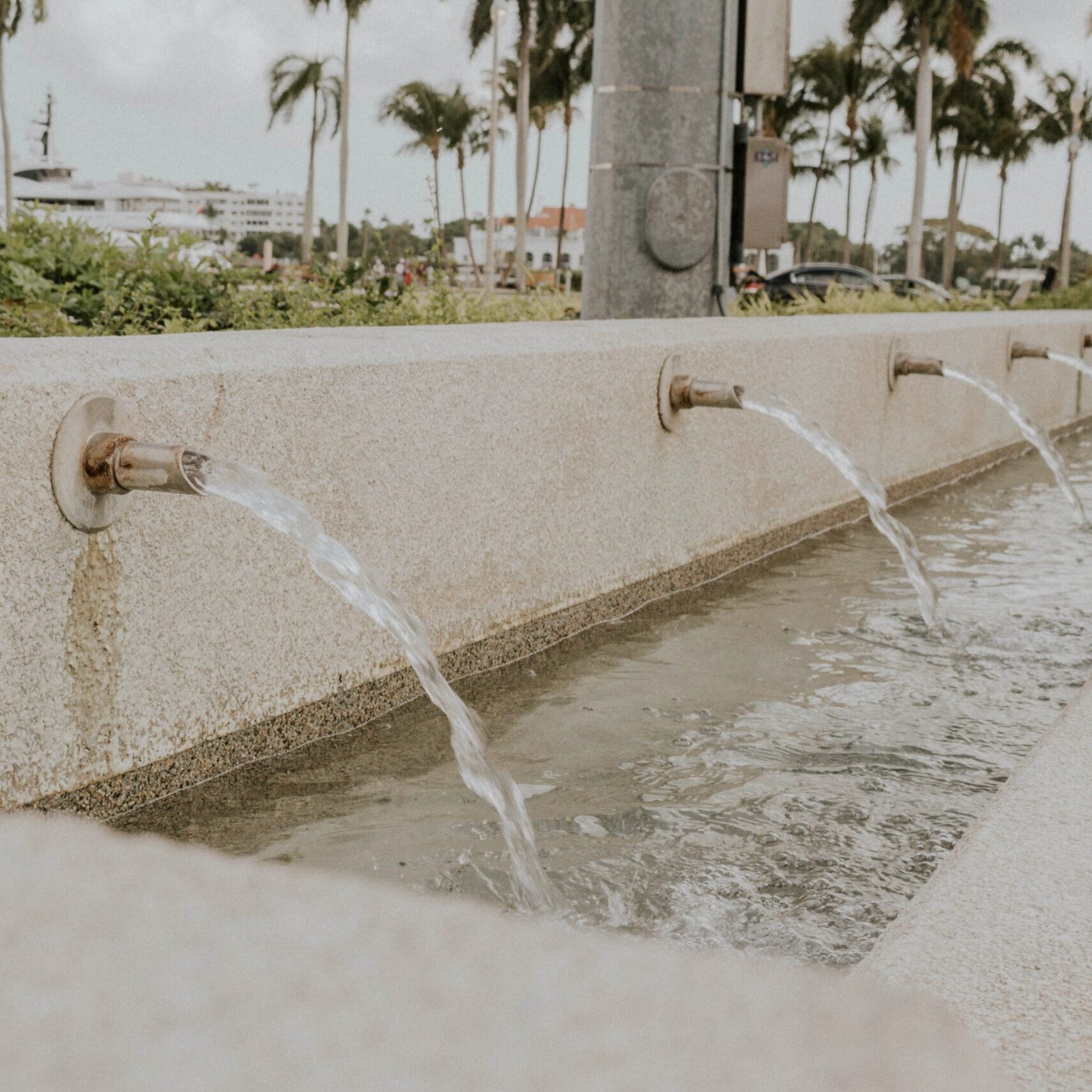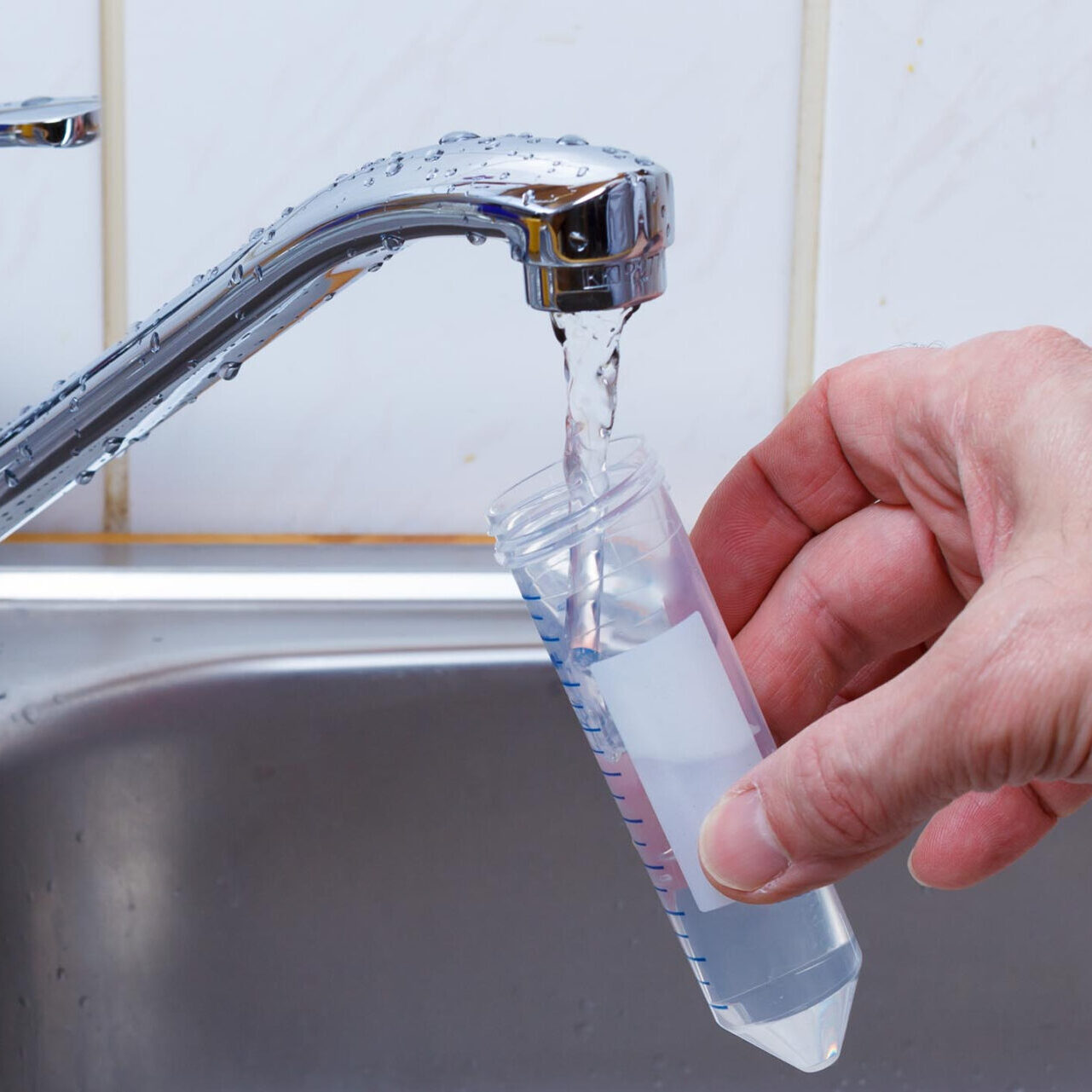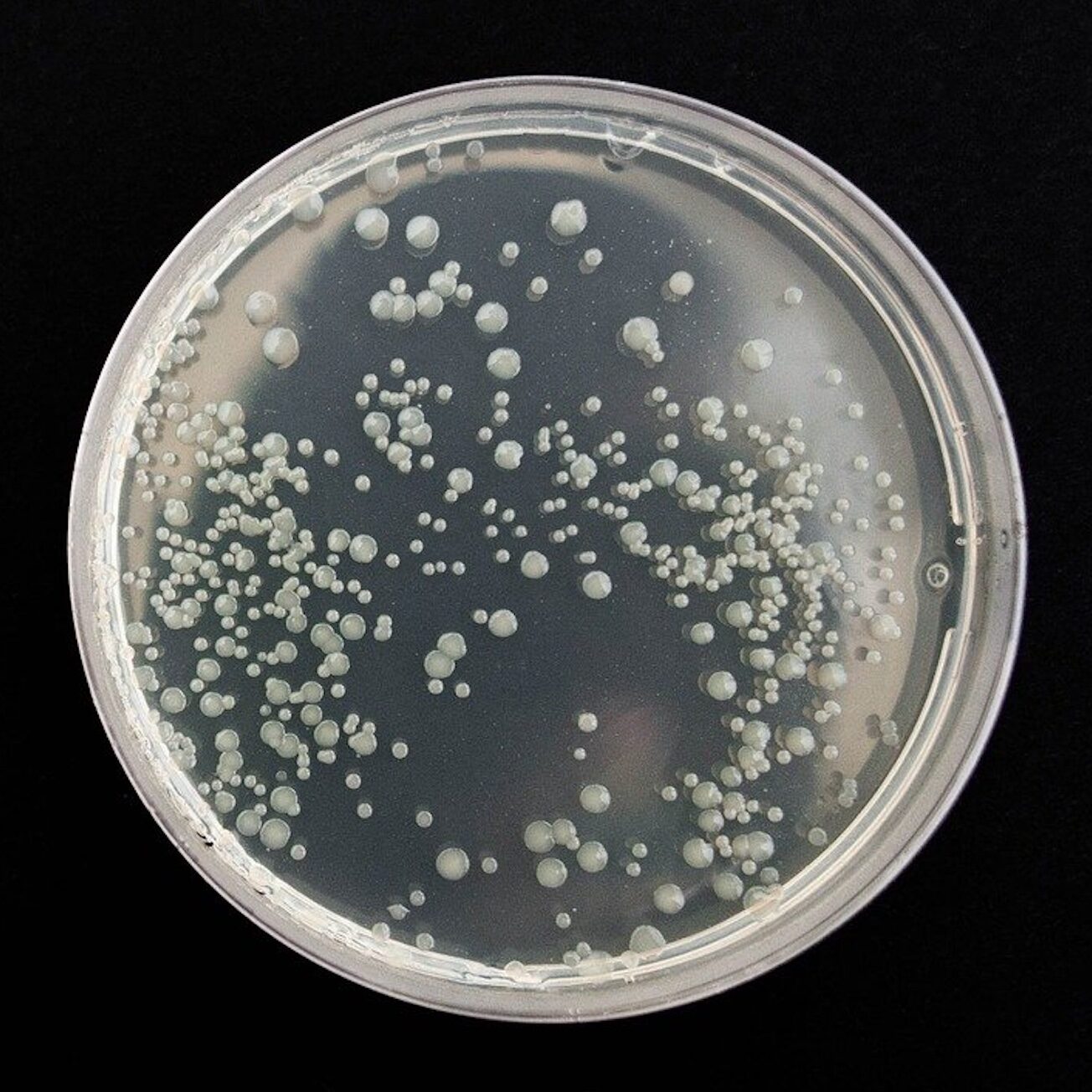Potability testing ensures the safety of your home or work place’s water supply by checking for the presence of coliform bacteria, E. coli, and other potentially harmful bacteria.
As a certified drinking water laboratory, HP Environmental provides services to a range of clients, including property management groups, construction companies, and private homeowners. Whether you are purchasing a new home, drilling a well, or have concerns about your water quality, testing the water for harmful bacteria is essential. The presence of certain bacteria in water is often an indicator of human and animal waste contamination, may indicate inadequate water treatment, or signal a problem with the local water distribution system. For additional information on how and where to test, contact HP Environmental.

Buying or Selling a Home
Purchasing a home can be stressful, even more so if you have concerns about drinking water. HPE offers testing for private homeowners wanting to conduct inspections, perform pre-purchase due diligence, or simply curious about what harmful bacteria may or may not be present in the water. If there are any concerns, a simple potability test can provide the greatest peace of mind.

Maintain Water Quality and Safety
Proper maintenance is the best way to prevent the growth of biofilm, legionella, or other harmful bacteria in your water. This includes periodic inspections, proper cleaning and disinfection, routine maintenance, and testing of all building water systems. Our potability testing services can help you take the steps needed to confirm that your water is properly treated and safe to drink.

Confirm Water Treatment
Treating your building or home’s water is important but needs to be backed up by appropriate testing. HPE’s testing for legionella and water-borne pathogens is the most direct way to ensure effective disinfection procedures and water quality. Areas tested often include hot water heaters, cooling towers, drinking fountains, shower heads, faucets, hot tubs and plumbing systems.

Private Wells
Whether drilling a new well or maintaining a private well, water testing is of the utmost importance. Wells should be tested annually for harmful bacteria or if you suspect potential contaminants may be present in the water. Testing is essential to ensuring safe and clean water, as well as the health and safety of those who come in contact with it.

Risk Management and Water Safety Plans
Risk management plans are vital for worker safety and peace of mind, especially when it comes to drinking and utility water. This makes water testing a staple for any sound and thorough risk management plan. Whether utilizing proactive testing or validating the efficacy of disinfection procedures, environmental water testing is essential to all water safety plans.

Heterotrophic Plate Count (HPC)
HPC tests have been used to assess water safety and the effectiveness of water treatment. Consider testing your water for HPC bacteria if 1) the water smells or tastes musty or moldy, 2) you see biofilm buildup or microbial growth on faucets and fixtures, 3) you are concerned about overall microbial activity in your water system, or 4) you want to assess the performance of water treatment processes such as UV filtration or sand filters.
